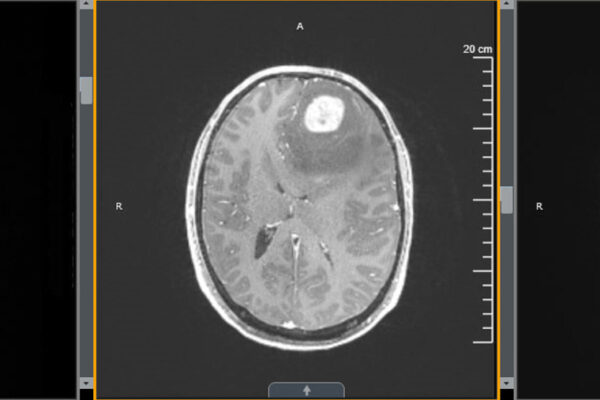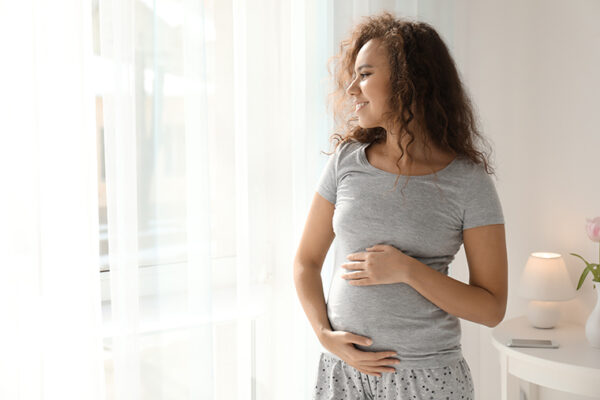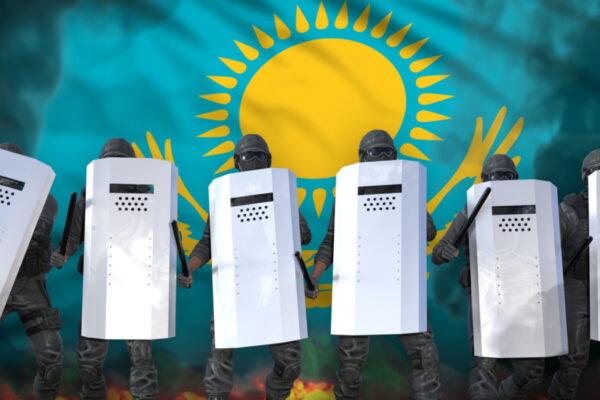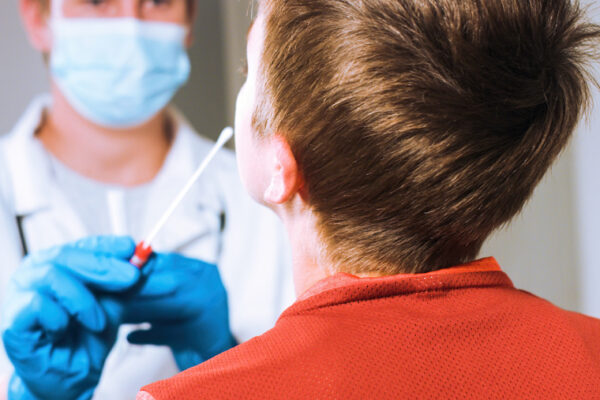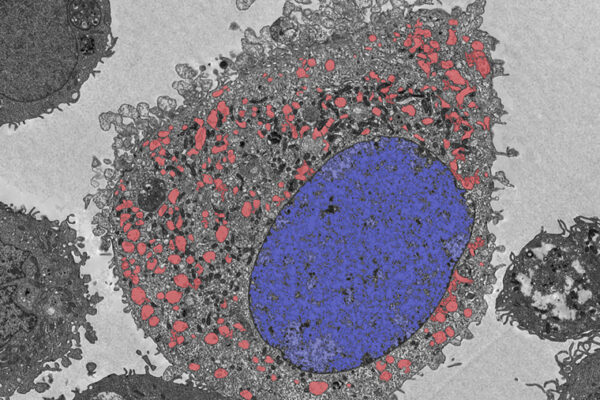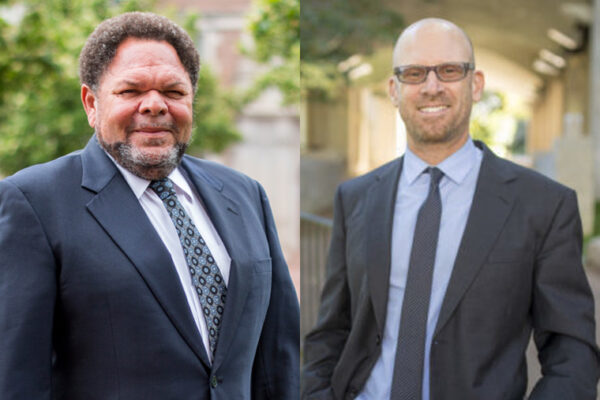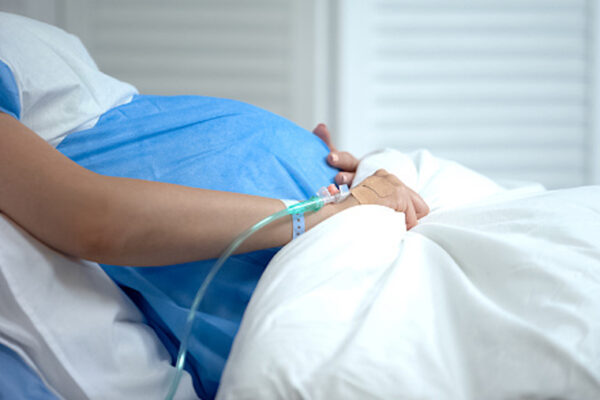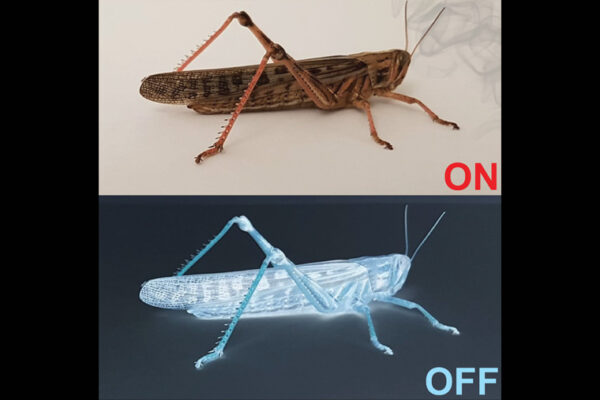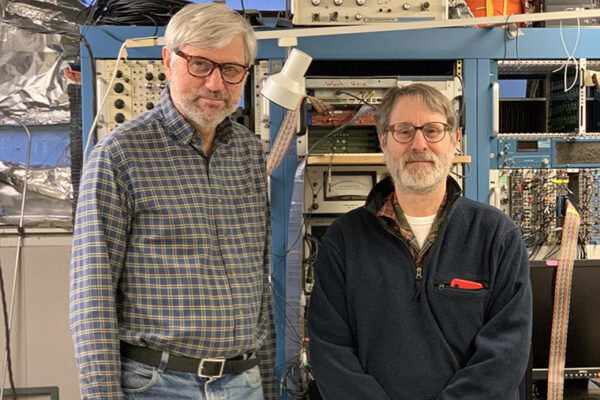Boosting T cells improves survival in mice with glioblastoma
A new study from Washington University School of Medicine shows that treatment with an immune-boosting protein called interleukin 7 (IL-7) in combination with radiation improves survival in mice with glioblastoma.
Engineering, medical schools partner for women’s health tech initiative
Researchers at the McKelvey School of Engineering and the School of Medicine at Washington University are launching the Women’s Health Technologies Initiative, which will focus on innovative therapies supporting female reproductive health.
What the future holds for Ukraine, Kazakhstan
With decades of combined experience in Ukraine and Kazakhstan, Washington University social anthropologists Michael Frachetti and James V. Wertsch share their perspectives on the future of these countries following unrest.
WashU Expert: Filibuster carve-out protects majority rule
A voting rights filibuster “carve-out” — or making an exception to the 60-vote threshold to overcome a legislative filibuster — would help to preserve the core democratic principle of majority rule, says an expert on constitutional law at Washington University in St. Louis.
Study examines risk factors for severe health problems in kids with COVID-19
An international study involving researchers at Washington University School of Medicine analyzed the risk factors for serious health outcomes in kids who had COVID-19. Researchers found that children up to age 18 who had tested positive for COVID-19 were at low risk for severe health problems.
New treatment target ID’d for radiation-resistant cervical cancer
Two new studies from Washington University School of Medicine have identified a previously unrecognized pathway of cell death — named lysoptosis — and demonstrate how it could lead to new therapies for cervical cancer.
University to reflect on St. Louis contributions in honor of King
Washington University will hold its 35th annual Martin Luther King Jr. Commemoration at 7 p.m. Monday, Jan. 17. Arts & Sciences’ John Baugh will deliver the keynote address at the virtual event. The School of Medicine will host a week of programs and service opportunities, including a talk by Jonathan Metzl, author of “Dying of Whiteness.”
Improving health of mothers, infants aim of imaging tech to monitor contractions
Researchers at Washington University School of Medicine have received three grants totaling more than $6.8 million to advance research on a novel imaging system to monitor uterine contractions. The electromyometrial imaging system, called EMMI, was invented and developed at Washington University.
The ‘surprisingly simple’ arithmetic of smell
Research from the lab of Barani Raman finds in locusts that the presence of smell can be determined by simply adding and subtracting the presence of certain neurons.
Scientists detect world’s lightest magnesium
A new isotope of magnesium — magnesium-18 — was discovered by a team that includes Robert Charity, research professor of chemistry, and Lee Sobotka, professor of chemistry and of physics, both in Arts & Sciences, as reported in the journal Physical Review Letters.
View More Stories
